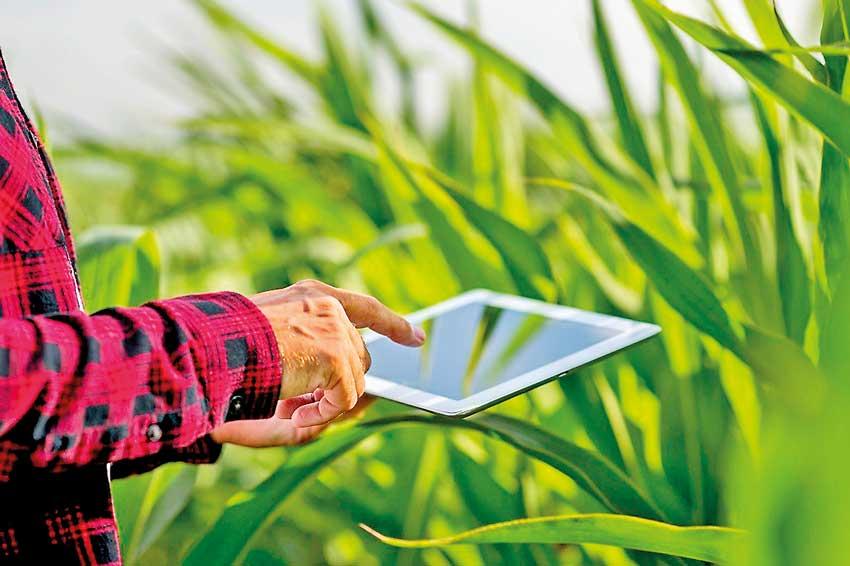27 Aug 2020 - {{hitsCtrl.values.hits}}

Sri Lanka will soon embark on research and development (R&D) related to modern agricultural technologies with state patronage, as the focus is rapidly shifting towards building a robust domestic agricultural economy premised on achieving food security and exports of agricultural produce.
The proposal, which was long overdue, was mooted by President Gotabaya Rajapaksa, at a meeting held this week, on the plans of the Paddy and Cereals, Organic Food, Vegetables, Fruits, Chilies, Onions and Potatoes, Seed Production and High Tech Agriculture State Ministry.
Rajapaksa instructed to use modern technology when producing seeds and plants and pointed out the importance of carrying out R&D domestically.
The share of GDP allocated for R&D in Sri Lanka is insignificant at both state and private sector levels, inhibiting the growth potential of the country as R&D sows seeds for innovation and enterprise.
Further, the technologies, which can be used in post-harvest management during both storing and transport, have also come to the fore, as a significant amount of agricultural produce is wasted during the post-harvest period, due to not following the proper guidelines and technologies or sheer ignorance.
The initiative to rigorously carry out domestic R&D is also expected to dovetail with the earlier proposal by the Central Bank to introduce subjects related to advanced agricultural technologies as part of the curricula of technical and tertiary education programmes, with the aim of bridging the knowledge gap in using modern technology in agriculture and to promote their adoption to achieve precision in application of inputs, increase in agricultural output and the quality of the agri products.
In its research and policy advocacy paper ‘Adoption of Modern Technologies in Agriculture’, the Central Bank made this recommendation to the policymakers aimed at achieving further progress towards technology-oriented agriculture, which directly improves agricultural value chains, which is crucial in the country’s next level of development and tackling the emerging challenges in the agricultural sector.
“In the medium to long run, introducing subjects related to advanced agriculture technologies to curricula of technical and tertiary education programmes is also essential to promote technology adoption in the agriculture sector,” said the authors to the paper.
Given the limited resources available for agriculture and rising demand for agri products, precision or smart agricultural techniques have emerged, suggesting the application of the precise amount of agricultural input based on the crop and field condition, determined by using modern information and telecommunication technologies.
The proposal to incorporate subjects in advanced agricultural technologies in curricula will also indirectly provide redress to one of the biggest structural imbalances plaguing the Sri Lankan economy for years, where a quarter of the country’s workforce being stuck in agriculture, which creates less than one-tenth of the economic output, which is a source of high level of economic inequality.
18 Nov 2024 7 minute ago
18 Nov 2024 42 minute ago
18 Nov 2024 43 minute ago
18 Nov 2024 58 minute ago
18 Nov 2024 59 minute ago